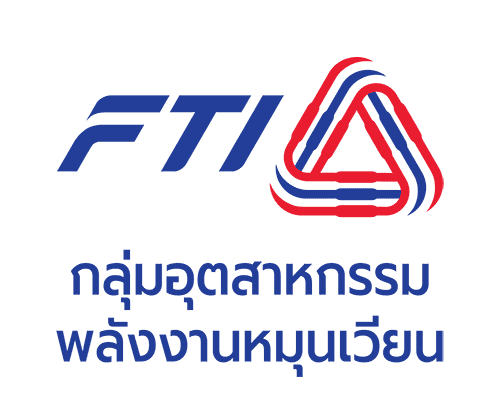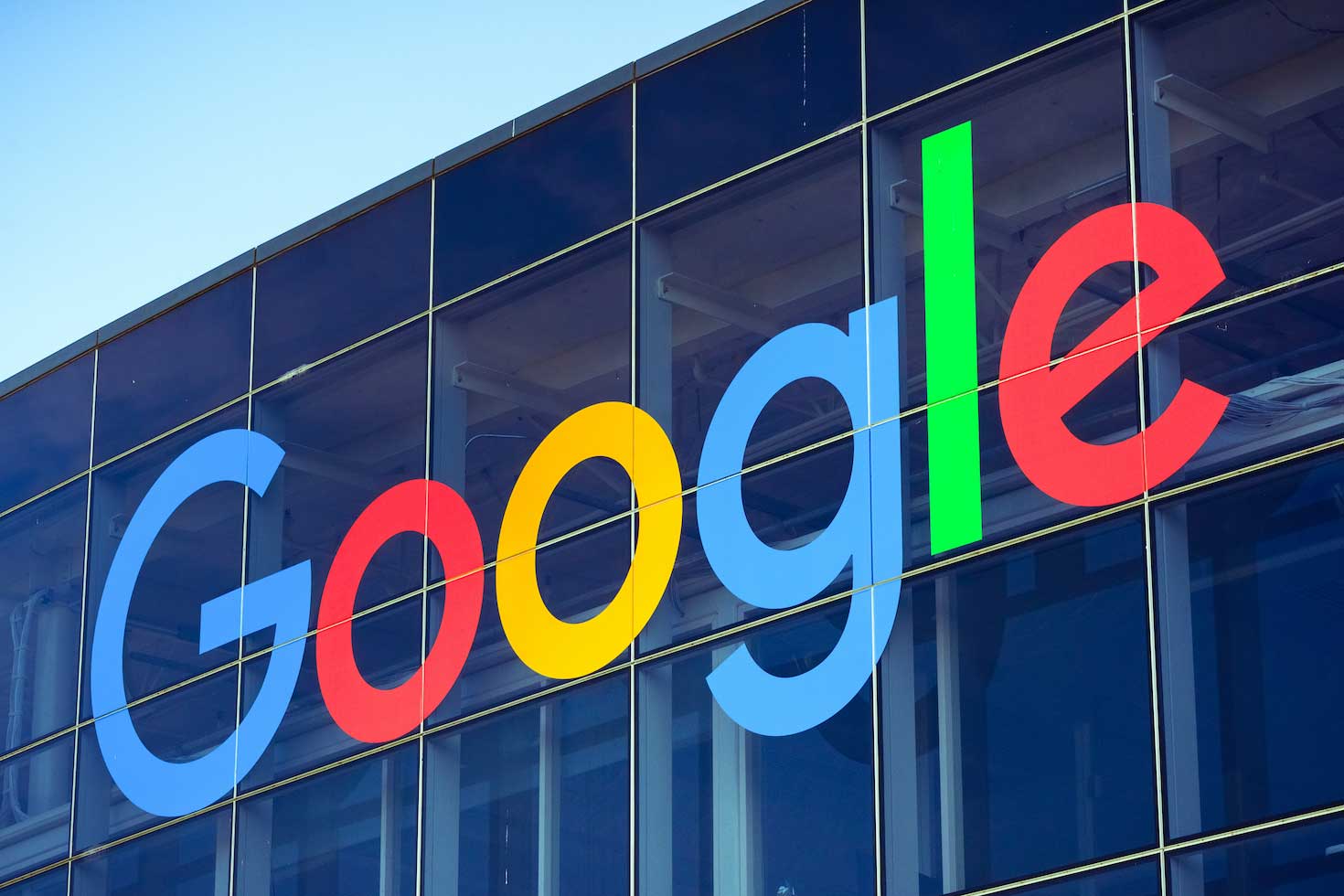A provisional code of practice that aims to “bring integrity to corporate claims made about voluntary use of carbon credits” is to be road-tested by a host of leading businesses, including global giants such as Google, Unilever and Hitachi.

The provisional code was launched this week by the Voluntary Carbon Markets Integrity initiative (VCMI) and the U.K. government, and it has already gained the support of leading United Nations agencies and governments.
The code aims to provide companies with a globally standardized benchmark for the voluntary use of carbon credit, and provide a way to recognize that a business, brand or product has genuinely gone the “extra mile” to ensure projects deliver promised emissions savings by securing a VCMI Gold, Silver or Bronze accreditation.
“Market-based solutions are critical to reducing emissions,” said U.K. Business Secretary Kwasi Kwarteng. “Today’s guidelines will help companies continue to decarbonize in a cost-effective way, while creating and safeguarding jobs. With this new code, consumers will have greater confidence they are backing companies that are genuinely serious about decarbonization.”
The provisional code will be put out to public consultation and tested by businesses over the remainder of the year, with an updated version then expected to be released in late 2022 or early 2023.
VCMI said it would also partner with target setting, accounting and reporting bodies to ensure consistency with emerging standards and provide a coherent framework for businesses looking to showcase their climate achievements.
As we all, as a community, work to address the climate crisis, it’s important that we have standard ways of being genuine in the way we’re reporting on our progress.
“The release of the VCMI Provisional Code is a jumping off point for voluntary carbon markets that can work for all,” said Rachel Kyte, VCMI’s co-chair. “With clarity for business and by business on what is being claimed, we may harness the potential of the markets to help us meet our shared net-zero ambitions.
“The Provisional Code enshrines an ethic of continual improvement, which the most recent climate science shows is something we need to internalize urgently.”
The new code was also welcomed by Google’s chief sustainability officer, Kate Brandt, who said: “As we all, as a community, work to address the climate crisis, it’s important that we have standard ways of being genuine in the way we’re reporting on our progress. That’s why we’re really pleased to be partnering with VCMI on the global Code of Practice for the voluntary use of carbon credits by companies and other organizations.”
The voluntary carbon market remains controversial in some quarters, with critics arguing that many carbon offset projects fail to deliver promised emissions savings and can be used by businesses as an alternative to tackling emissions at source.
But advocates of the expanding market maintain that new standards, such as the new code, are addressing concerns about the credibility of carbon offset projects. They also argue that carbon offset projects are likely to provide a critical mechanism for financing both nature protection and engineering-based negative emissions projects, allowing companies in sectors that are technically difficult to decarbonize to deliver on their net zero emissions targets.
Source : GreenBiz

